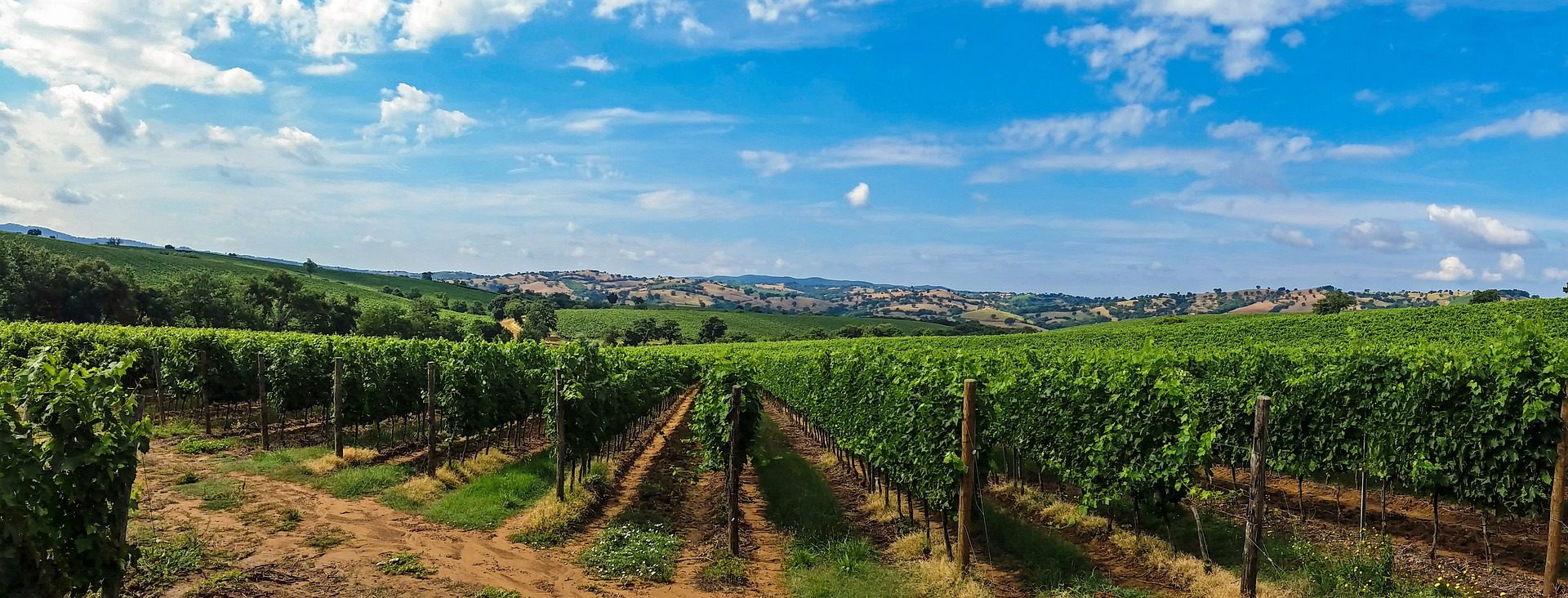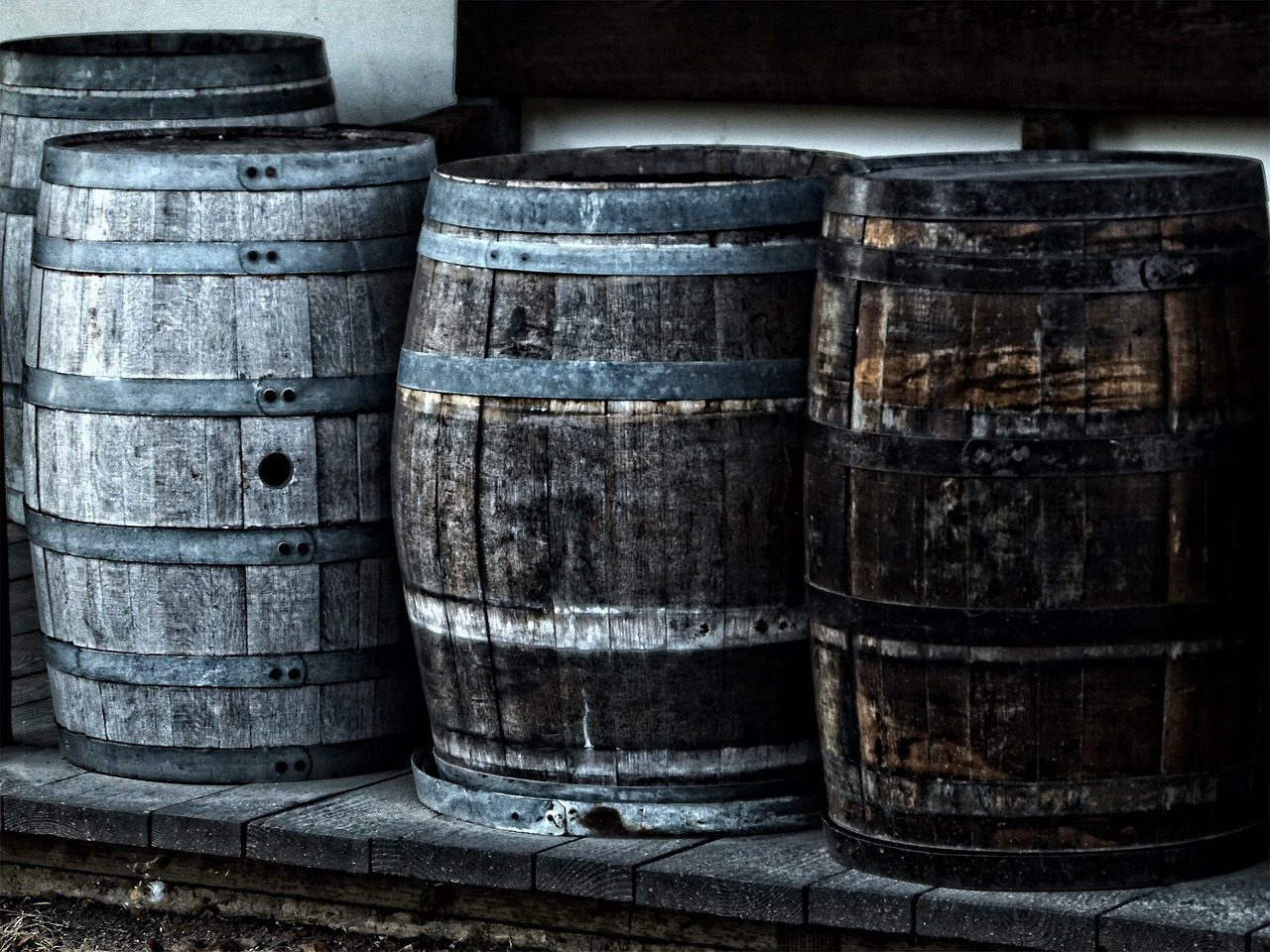Vegans can and do drink alcohol. Not all vegans are aware that the alcohol they imbibe is not always free of animal products.
Who knew that some of the liquid products made from potatoes, hops, sugar cane, grapes, juniper berries, and other plants also use animal products, though?
It is almost inconceivable that the manufacturing process of creating some alcoholic drinks does precisely that.
Here are just some of the animal products that companies use to make alcoholic beverages:
- Egg white protein – also known as albumin is used as a fining agent in wine.
- Gelatin – fining agent, derived from animal skin, bones, and cartilage
- Milk and cream – it gives beer and liqueurs a creamy, rich flavor and are often used in many cocktails and blended drinks.
- Honey – is used as a sweetener in alcoholic beverages
- Whey, casein and lactose – milk byproducts that are occasionally used as ingredients or fining agents
- Isinglass – popular fining agent obtained from fish bladders
Most of these ingredients are used as fining agents, and most people are unaware of them. Other alcoholic beverages contain dairy, such as creamy liqueurs.
Others also clearly use honey for flavoring. Both the cream and honey-based alcoholic beverages are easily recognizable and easily avoidable by vegans.
Vegans can safely drink hard spirits in the sure knowledge that they don’t contain animal products or use animal fining agents.
Contents
Is Wine Vegan?

When it comes to wine, it is a different story altogether. Fining agents or clarifying agents help clear the particles in wine that are a side-effect of the maturation process.
Winemakers use animal products to capture these particles to get them to market quicker. Wine can be left to clarify naturally, but this process is time-consuming, and time equals money lost.
The solution is to use animal products to refine the wine rapidly for sale, as the outcome is more palatable for consumers. They are added to wine in order to bind and remove unwanted substances and are then filtered out. This is the reason why clarifying agents are not labeled as ingredients on the final bottle of wine.

According to PETA, clarifying agents (as mentioned) include: “blood and bone marrow, casein (milk protein), chitin (fiber from crustacean shells), egg albumen (derived from egg whites), fish oil, gelatin (protein from boiling animal parts), and isinglass (gelatin from fish bladder membranes).”Sourcing enough fish bladders, egg whites, or dairy products inevitably involves animal cruelty.
Therefore, none of these clarifying agents works for vegans, leaving them with no option but to imbibe wines that have gone through an organic clarifying process.
In other words, commercially produced bulk wine enterprises are not appropriate for vegan consumption. In contrast, vegans can drink organic wines because no animal byproducts can clarify these wines.
However, progress has been made. Some winemakers use activated charcoal or bentonite clay to filter their wines. Either they use these ingredients to clarify wine or allow the wine to filter naturally, which is good news for vegans.
How To Know If Wine is Vegan?

Look for ‘Unfined’ or ‘Unfiltered’ Wines
Traditionally, winemaking is a slow and sophisticated process. Juice from crushed grapes contains tiny particulates of matter and after the fermentation the suspended solids sink to the bottom of the tank or barrel. This way, the wine clarifies itself in this slow, natural process. Wine made in this way is bottled “unfiltered and unfined”.
Since consumers expect white wines to be crystalline and brilliant, they almost always go through a fining process. So do red wines for quick release. However, aged red wines may not need to go through the fining process, since these wines have more time to settle out particulate matter naturally.
Check the Label behind
Vegans are not relegated to just expensive, aged wine. Since most non-vegan-friendly wines don’t mention if they used animal-based fining agents, vegan wines actively promote it on their label.
Certified vegan products have to meet certain criteria and standards set out by vegan organisations (e.g.The Vegan Society and Viva!) . If a wine has a certified vegan label, it means that it doesn’t contain any animal products.
You can check out Barnivore for an extensive list of vegan wine brands or BevVeg!, a vegan certification company that specializes in certifying beverages.
Bottom Line
Even though wine isn´t always a vegan friendly beverage, there are still plenty of delicious vegan wines on the market.
Here are just a few examples of companies that sell vegan wine (online):
- Frey Winery
- Cooper’s Hawk Vineyards
- China Bend Winery
- Fitzpatrick Winery
- Vinavanti Wines
- Palmina Wines
- Wrights Wines
- Seghesio Family Vineyards
- Thumbprint Cellars
It is up to vegans to research the alcohol they want to drink or abstain altogether if they’re going to live in line with their philosophy.


